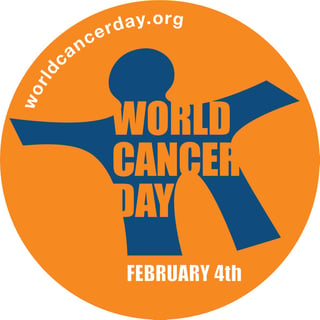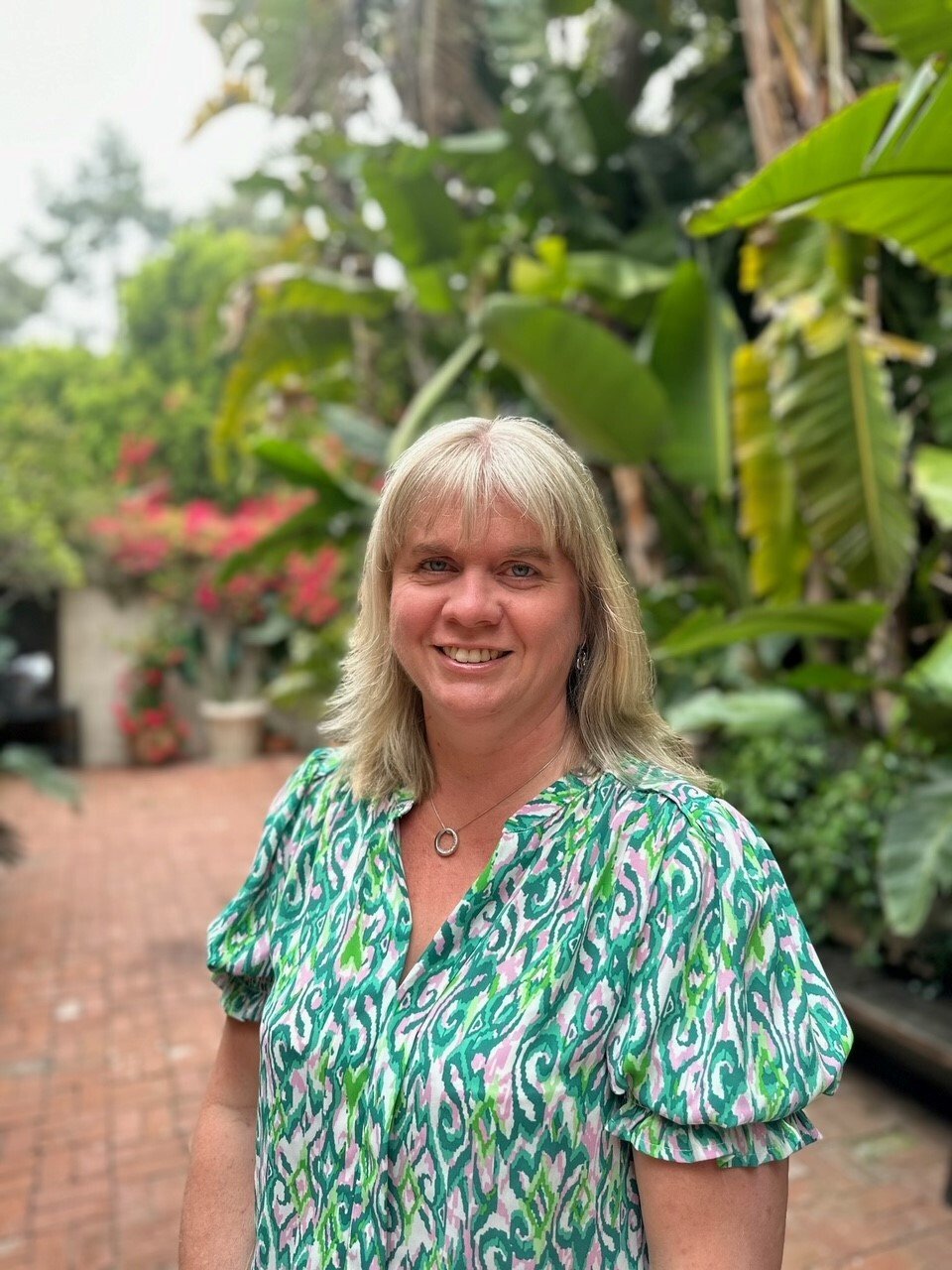- Privacy Policy
- Terms & Conditions
- Contact us
- ©Isabel Healthcare 2025
How many types of cancer are there? | World Cancer Day 2017
 Last weekend, on the 4th February, nations, people, businesses and charities around the world united for World Cancer Day 2017. 1 in 2 people in the US and the UK will develop some form of cancer during their lifetime. That’s half the population, and it’s safe to say that almost everyone has been affected by cancer at some point in their life. World Cancer Day exists so that we can come together to raise awareness and educate on the fight against cancer. It’s also a time when we can fundraise to help speed up and improve the research process for charities and research groups around the globe.
Last weekend, on the 4th February, nations, people, businesses and charities around the world united for World Cancer Day 2017. 1 in 2 people in the US and the UK will develop some form of cancer during their lifetime. That’s half the population, and it’s safe to say that almost everyone has been affected by cancer at some point in their life. World Cancer Day exists so that we can come together to raise awareness and educate on the fight against cancer. It’s also a time when we can fundraise to help speed up and improve the research process for charities and research groups around the globe.
This World Cancer Day was a huge success, with over 800 registered activities taking place to raise awareness, and many more smaller scale events in local communities. We wanted to do our bit on educating people with cancer, and there is one big question that gets asked a lot when talking about cancer: Just how many types of cancer are there?
The Short Answer
Simply put, there are over 200 types of cancer out there, and they can be divided up further by severity, stages, and the cells which are affected by the cancer. You will probably have heard phrases such as “stage four breast cancer” or “acute lymphoblastic leukaemia,” and you may have a lot of knowledge about one and none of another. However many types of cancers you have heard of, chances are you don’t know them all. However, there are certain categories which can help to break down the different types, and knowing these will help you understand the next time you hear the phrase from a doctor or loved one.
The 5 Main Groups of Cancer
When someone has cancer, it means that one or more cells in part of their body have started to grow uncontrollably, or ‘mutate’ and this causes a tumour or build up of unhealthy cells. If you want to know more about this you can watch a video from Cancer Research UK. This mutation of cells can happen in any part of the body and to any type of cell, and the 5 main groups of cancers refer to the 5 main types of cells that can be affected.
Carcinomas
These are cancers which start in the skin, or in the tissues that surround and protect our internal organs. The cells which are affected are call ‘epithelial’ cells, and this is the most common form of cancer, accounting for 80-90% of those diagnosed. Carcinomas can include breast cancers and lung cancers, among others. There are further subcategories of carcinomas, the most common of them being basal cell carcinoma, which affects a deep layer of the skin. This is the cancer that most people associate with sun damage.
Leukemias
Leukemias affect the blood, but actually start in the bone marrow. Bone marrow is responsible for making our white blood cells, and when we make too many of those cells in an uncontrolled way, they build up in the blood and our body is unable to cope with them. Leukemia is known as the cancer which most commonly affects children, meaning that although it is quite a rare type of cancer when looking at the bigger picture - 3% of all diagnosed cancers - it seems more prominent because of this specific demographic.
Sarcomas
Sarcomas are a rare type of cancer which take place in the bones or soft tissues such as tendons or cartilage. Although only 1% of cancer diagnoses are sarcomas, it is interesting to note that 50% of bone sarcomas occur in those under 35.
Lymphatic System Cancers
These are cancers which develop within the lymphatic system, which is the system responsible for carrying white blood cells to and from the lymph nodes and around the body. Lymph nodes are placed at different points in the body including the neck - tonsils - and armpits, and they are extremely important for a healthy body. They act as a filter for germs and diseases, and form the basis of our immune system. For this reason, they are highly exposed to cancerous cells as they try to fight them off. There are two types of lymphatic cancer. Lymphomas can start in any cell in the lymphatic system, be that in the glands or the connecting tubes. Myelomas occur in the bone marrow, where the lymphatic cells are being produced. If a cancer spreads to the lymphatic system, then the prognosis for recovery is greatly diminished.
Brain and Spinal-Cord Cancers
The brain and spinal cord are the powerhouse of the human body, and as such they have a lot of different cells that all work extremely hard to control the body. Sometimes tumours started in the brain are benign, meaning they will do no harm and grow very slowly. However, sometimes they are aggressive malignant tumours, and removing the tumour is often the only option. The tumours themselves can have a huge impact on the functioning of the brain, and symptoms are often not noticed directly but indirectly, through headaches, loss of vision, loss of balance or confusion.
Hopefully you are now a little clearer on the different types of cancers that are out there, and can ask the right questions when and if the time arises. It is imperative that everyone knows as much as they can about cancers, how to spot them, how to support those affected and how to find out the information they need. We have put a list of helpful resources below as a starting point, but for every cancer type there is a website, charity or forum with all the information you may need, so do your research and stay informed.
Useful Resources:
http://www.cancerresearchuk.org/
If you’re concerned about any symptoms you have, or think you may have found an unexplained lump or mark somewhere on your body, it’s very important to get it checked out as soon as possible. Place all your symptoms into the Isabel Symptom Checker and visit your doctor as soon as possible.

Mandy Tomlinson
Mandy has worked for Isabel Healthcare since 2000. Prior to this, she was a Senior Staff Nurse on the Pediatric Infectious disease ward and high dependency unit at one of London's top hospitals, St Mary’s in Paddington which is part of Imperial College Healthcare NHS Trust. Her experience in the healthcare industry for the past 33 years in both the UK and USA means she's a vital resource for our organization. Mandy currently lives and works in Scottsdale, Arizona.
Subscribe Here!
Recent Posts
Isabel DDx Companion with ChatGPT Integration - to help you diagnose even faster
At Isabel Healthcare, we’ve always been driven by one goal: to make clinical reasoning faster,..Virtual Triage: Do more questions lead to better patient outcomes?
One of the common misconceptions related to virtual triage / symptom checker tools is that the more..List Of Categories
- Differential Diagnosis Decision Support
- Differential diagnosis
- Symptom Checker
- Symptoms
- Medical Error
- Patient Disease Information
- Disease
- Clinical Decision Support
- Diagnostic Decision Support
- Isabel 1 Minute Read
- Diagnosis Error
- Diagnosis Skills Cases
- Healthcare Informatics
- Clinical Reasoning
- Evidence-based Medicine
- Medical Education
- Patient Engagement
- Symptom Triage
- Nurse Practitioner Education
- Nursing Decision Support
- Partnership
- Public Health
- COVID-19
- EHR
- Patient Empowerment
- Patient Safety
- rare disease

Start your FREE Trial today
Try the Isabel Pro DDx generator for 30-days - no payment card details required.




